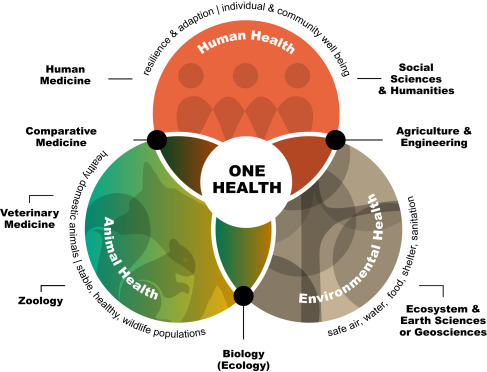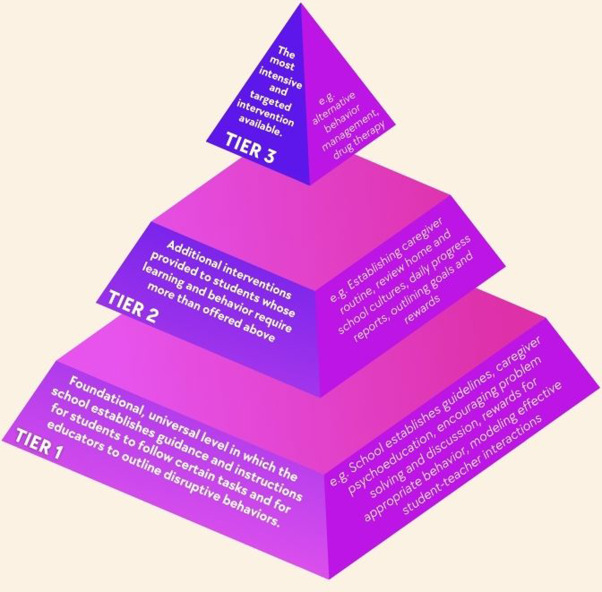Artificial Intelligence in Clinical Practice, How AI Technologies Impact Medical Research and Clinics
2024, Pages 395-399
Translational Sports Medicine
Handbook for Designing and Conducting Clinical and Translational Research
2023, Pages 513-518
Psychosocial Experiences and Adjustment of Migrants, Coming to the USA. 2023, Pages 391-418
Overcoming Obstacles in Drug Discovery and Development, Surmounting the Insurmountable—Case Studies for Critical Thinking 2023
Principles of Gender-Specific Medicine (Fourth Edition)
Sex and Gender-Specific Biology in the Postgenomic Era
2023, Pages 409-429
Translational Surgery
Handbook for Designing and Conducting Clinical and Translational Research
2023, Pages 591-597



